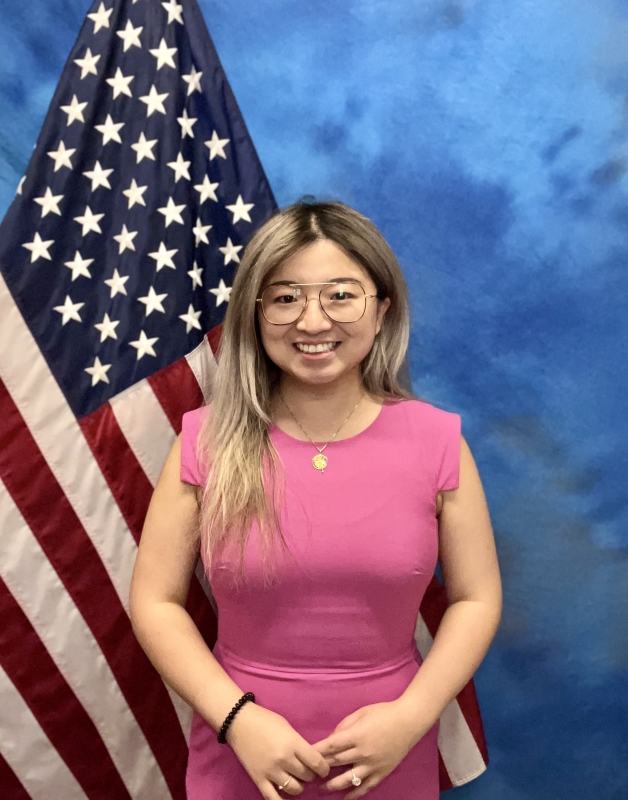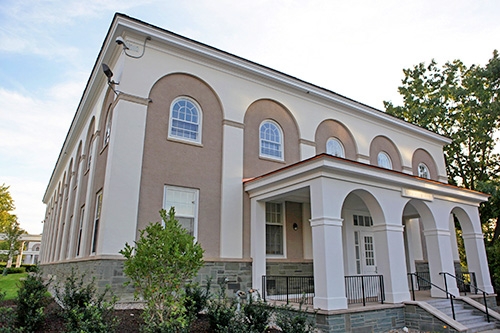What is your current professional title?
U.S. Press Officer at the Center for Reproductive Rights
What does the work involve?
The Center for Reproductive Rights is a non-profit that protects and advances the reproductive autonomy of women through impact litigation. For example, when Georgia and Mississippi passed abortion bans last year, we took them to court and successfully blocked those bans from taking effect. We currently have 30 cases across the country, spanning 17 states. One of those cases has made its way up to the Supreme Court and will be heard on March 4. It will be the first abortion case heard by Justices Kavanaugh and Gorsuch. The decision could have major implications for the future of abortion access in the U.S.
My role is to make sure the public knows about these critical cases and the ways in which their lives could be impacted. I work with reporters on a daily basis to ensure these issues are being covered by the media.
How did your time at Union prepare you for your current position and/or, more broadly, your career?
When I started at Union, I was dead set on a career working on the Hill in Washington, D.C. My sophomore year, I spent a term in D.C. with professor Lobe and interned for Senator Charles Schumer. The pace at which legislation moved (or didn’t move more accurately) was incredibly disheartening, and I knew it would be an unsatisfying career for me. That was such a pivotal realization. Like most students, I didn’t graduate knowing what career path I would take, but knowing what you don’t want to do is just as important.
What is your fondest recollection of majoring in Political Science?
Like many PSC majors, my favorite class was Electoral Politics. As part of the class, we held a mock presidential election with all the bells and whistles of a real election: campaign staff, debates, political ads and speeches. At the end, the student body actually voted. Each candidate had to personify a real-life politician. I was the campaign manager for the Independent candidate, who personified Michael Bloomberg funnily enough. I wrote his speeches and helped prep him for the debates. We ended up winning, and it was such an adrenaline rush. Similarly today, my favorite part of my current job is writing speeches for press conferences and prepping our attorneys for media interviews.
What advice would you have for current majors for life after Union?
You can make a good living working at a non-profit or in civil service. Don’t rule it out. The reality is that working 40+ hours every week of your life gets old fast if you’re not doing something you care about.















